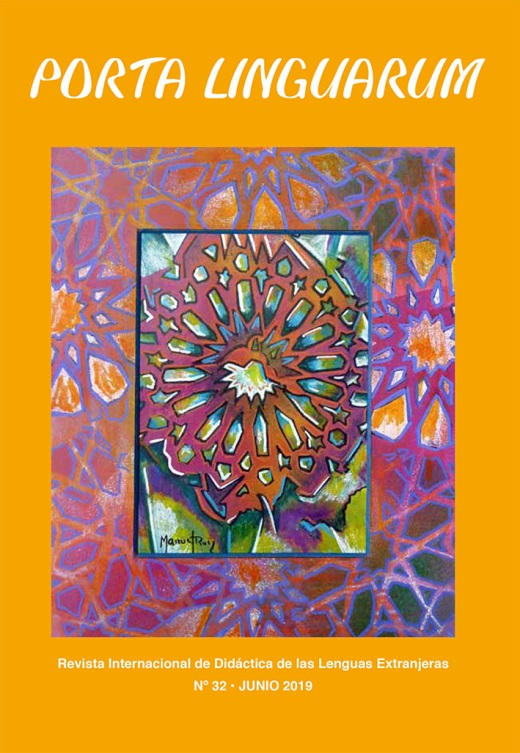El uso de literatura, recursos y metodologías innovadoras en el aula de inglés
DOI:
https://doi.org/10.30827/portalin.vi32.13699Resumen
Esta investigación tiene como objetivo analizar la percepción, el uso y el nivel de desarrollo profesional del profesorado de inglés con respecto a la literatura, los recursos y las metodologías innovadoras en el aula. El tipo de investigación cuantitativa utilizada fue de naturaleza descriptiva-comparativa, donde 70 profesores de secundaria, que enseñaban inglés como lengua extranjera, respondieron un cuestionario creado ad hoc. Los resultados muestran que el profesorado considera la literatura como un gran recurso para el desarrollo de competencias básicas; sin embargo, la mayoría no la usa en gran medida y, cuando lo hacen, es a través de tareas de lectura de libros de texto y lecturas graduadas. Concluimos que los textos literarios se perciben como demasiado difíciles, probablemente porque el pro-fesorado desconozca cómo seleccionar las obras más adecuadas en términos de cognición e interés. Como implicaciones educativas, proponemos que el profesorado de inglés adquiera, durante su formación inicial, el conocimiento pertinente sobre obras literarias, tareas, TIC, materiales audiovisuales, estrategias de evaluación relacionadas. Es interesante señalar las limitaciones del estudio, relacionadas con la compilación de las mejores obras literarias para la enseñanza del inglés, y para planificar futuras líneas de investigation.Descargas
Los datos de descargas todavía no están disponibles.
Descargas
Cómo citar
Torrano Guillamón, L., Cascales Martínez, A., & Carrillo García, M. E. (2021). El uso de literatura, recursos y metodologías innovadoras en el aula de inglés. Porta Linguarum Revista Interuniversitaria De Didáctica De Las Lenguas Extranjeras, (32), 53–70. https://doi.org/10.30827/portalin.vi32.13699
Número
Sección
Artículos



















